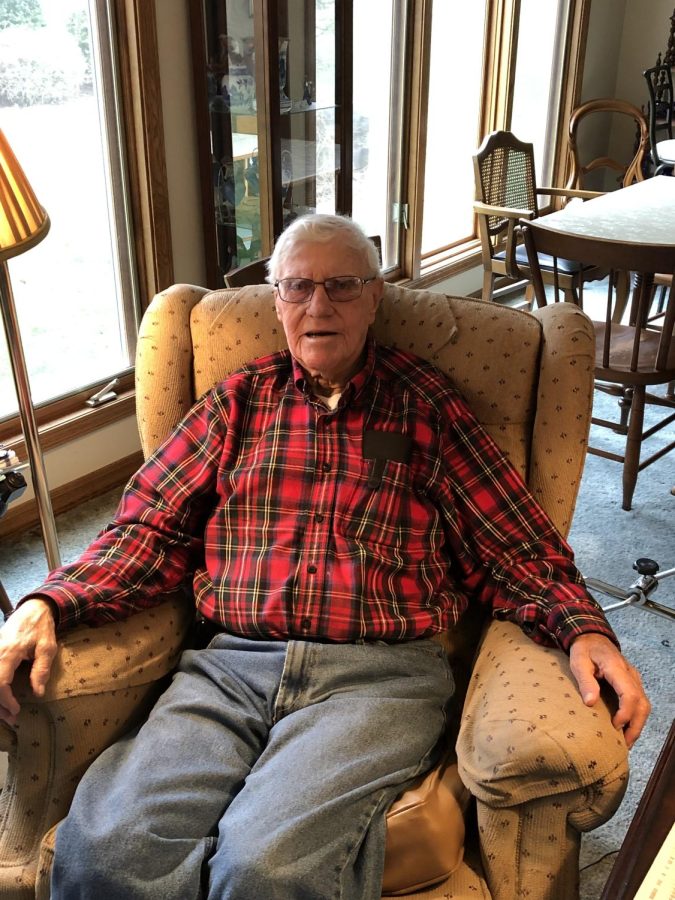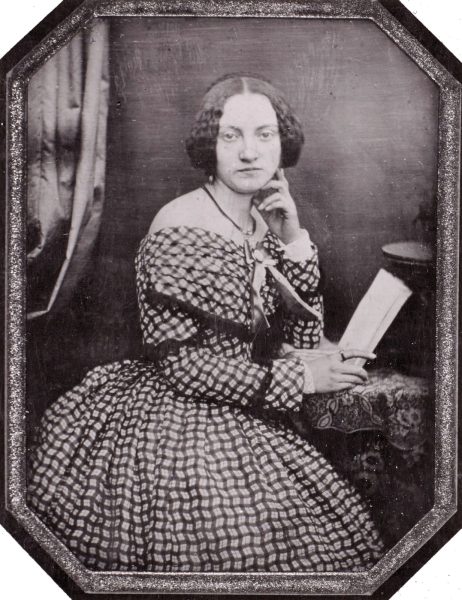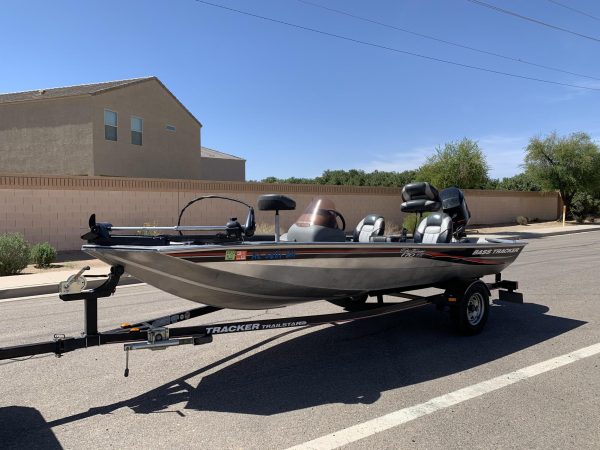Saving the World with a Typewriter
Paul Postlewaite was drafted into the Army in February of 1956. He served from 1956-1957, in what would be the Cold War era.
“It was kind of a shock.” He had gotten hurt playing football in high school, and the doctor told him he would never have to go to the military. You can imagine his surprise when he found out he was drafted. However, he still always says, “It was one of the best things to happen to me.”
He said, “I didn’t really have an opinion before going in, just knew it was going to be different.” Paul already lived away from home for college, so he said he was prepared to be on his own. He took two years of ROTC in Champaign, so he already had a little military background. His basic training was in Missouri at Fort Leonard Wood. “They tried to break you down and rebuild you in the image they wanted you to be. Discipline was extremely rude but important. Even if they tried to hurt your ego, you just had to take it and have a mentality that tomorrow was going to be a better day.” After basic training was over, everyday there would be 2-3 names called for assignment to a unit. Finally, after about two weeks, “Paul Postlewaite” was called to go to Fort Carson in Colorado. He was only there temporarily before going overseas.
He wound up working in a place called the War Room. This was a division headquarters in West Germany, 90 miles out from the Iron Curtain. His official job title was a clerk typist. He was responsible for typing out important reports and sending them out for distribution. “I was extremely lucky and grateful to have the job I did.” Paul was a Sergeant and worked for a Major that was in on D Day and Battle of Normandy, and also, a Captain that was in the Battle of the Bulge, and a Master Sergeant who was in a POW camp for 36 months. They were responsible for getting reports back of troop movements in East Germany and if they did cross the Iron Curtain, they would send out the appropriate battle responses based on how many enemies there were and where they crossed. “It was a cat and mouse game.” Paul got a scare one night. He got orders to type out four copies of a document about a nuclear launch site not too far away, but to not do it on a stencil so there would be no proof. This was very unusual, but everything turned out to be fine, thankfully.
An famous quote from Paul is,” A rifle could get you in a lot of trouble, but a jeep could get you more.” The story goes that he was assigned a military jeep and a defense platoon took it out one night but returned it with a flat tire. Paul went to the army depot, and they gave him nothing but a screwdriver to fix it. Now he was in a pickle and had to take it to a German garage to get it fixed because he needed it to get to work. When he showed up to work and Major McClean heard about this, he dialed up the defense platoon’s leader and yelled, “Tell your men to stay off Postlewaite’s ass.”
He enjoyed going to work because they were good people to work with. His co-workers understood his position and they took care of him. “I wasn’t unhappy at all in the military.” He had Terry, his wife, and worked with good people. She taught school and made more than he did. With the extra money they could travel and do other things. Paul and Terry bought a ’57 Mercedes and cruised the countryside of Germany quite often. They also got the chance to visit London, Paris, and Rome. They also tried skiing, but never went back, maybe a testament to their skill. Paul said the army taught him how to get along with people. It wasn’t enjoyable work, but not boring or anything he hated. Working with highly classified information kept things interesting.
He got shipped out of Germany in December and got back in New York on the 24. “It was the best Christmas present I ever got.” They were told to get a hotel room and come back the day after Christmas. He stayed with his brother Dean who lived up there. When it was time to go home, it took all day to get him out. Dean stayed in the car all day with him and was getting agitated it was taking so long. Paul just said, “There’s the right way, the wrong way, and the army way.” The first few weeks back, Paul and Terry just tried to adjust. They didn’t have any place to live because their house was being worked on. They just tried to relax as much as possible.
Terry, unfortunately, passed away last year, but she always said, “I loved just being with Paul over there and all the memories we made together.”
Their son John Postlewaite said, ” I always liked listening to his stories and I learned a lot from them. I think the war gave him his hard head, but he’s a great father.”

I am a 17 year old senior this year. In my free time I like to play sports, hang out with my friends, expand my knowledge, and a lot of other things.









Mary • Oct 4, 2023 at 7:41 am
Such a amazing person, love hits stories. Love the joy he has when he talks about it
Don Angel • Jan 22, 2022 at 8:00 pm
Interesting article to read.